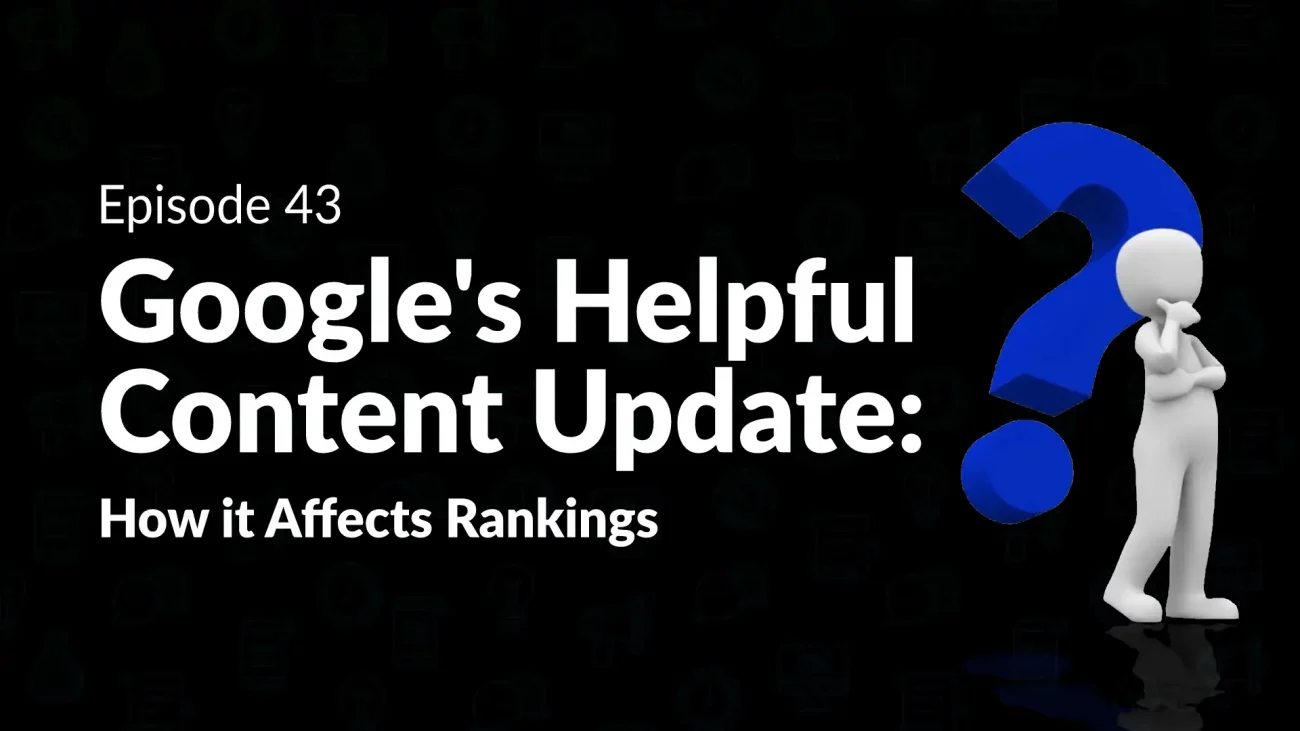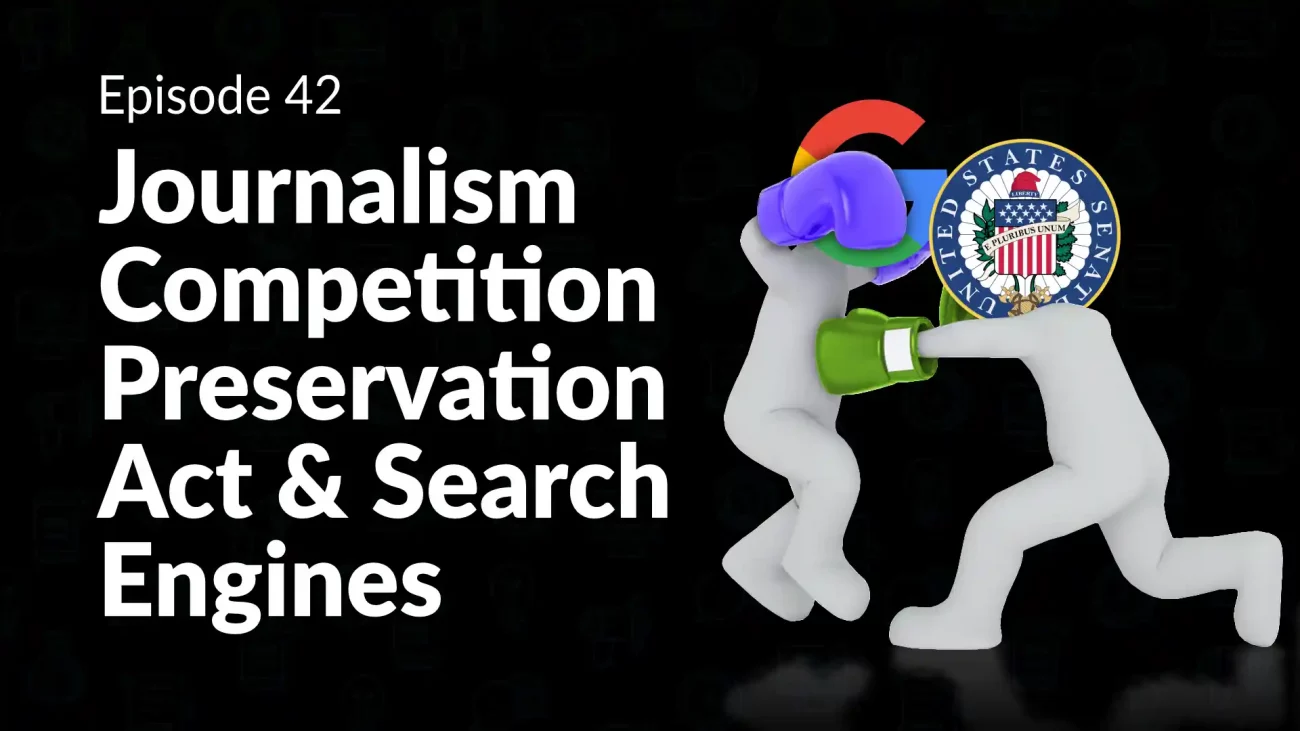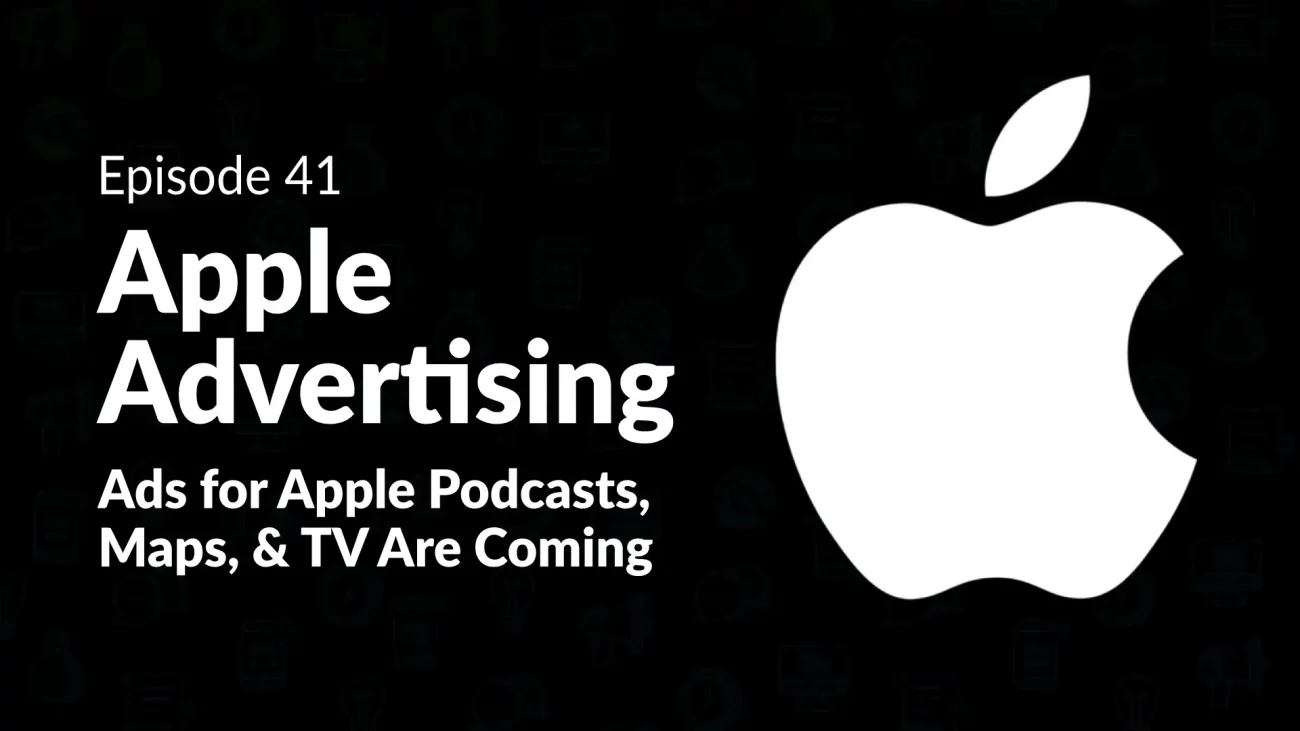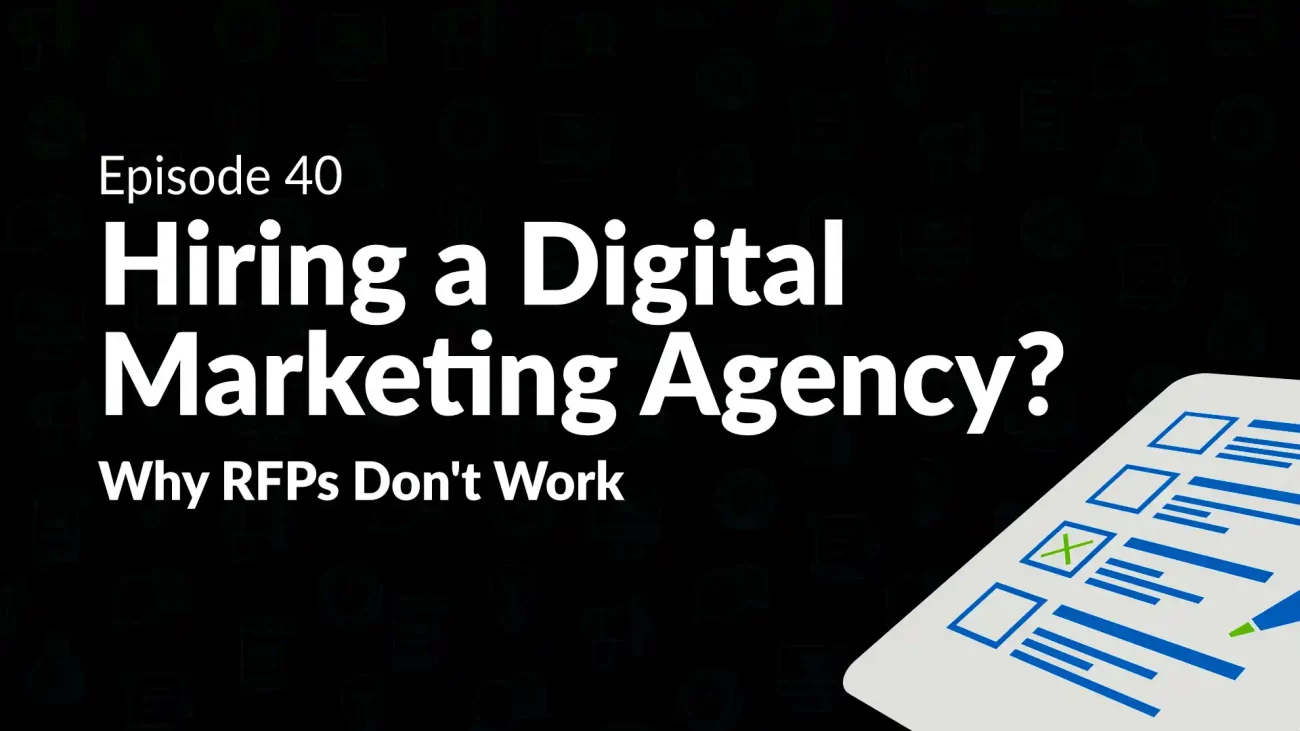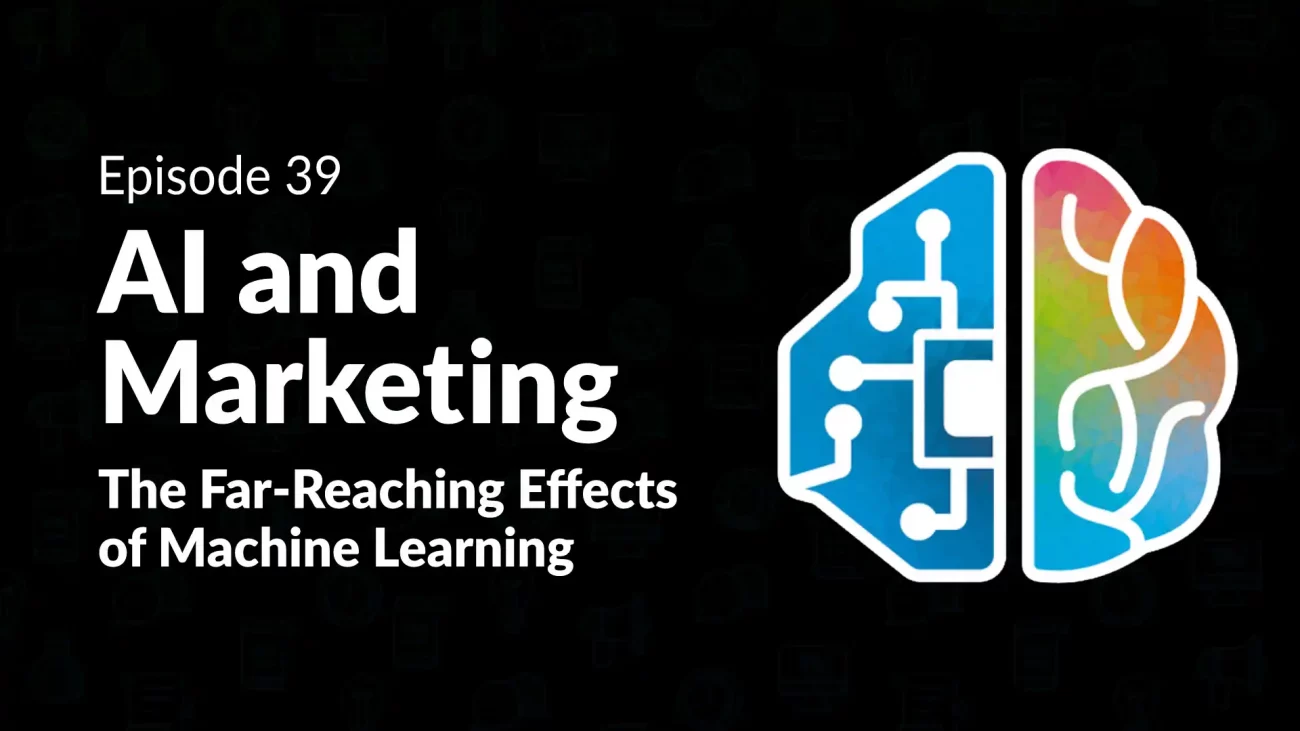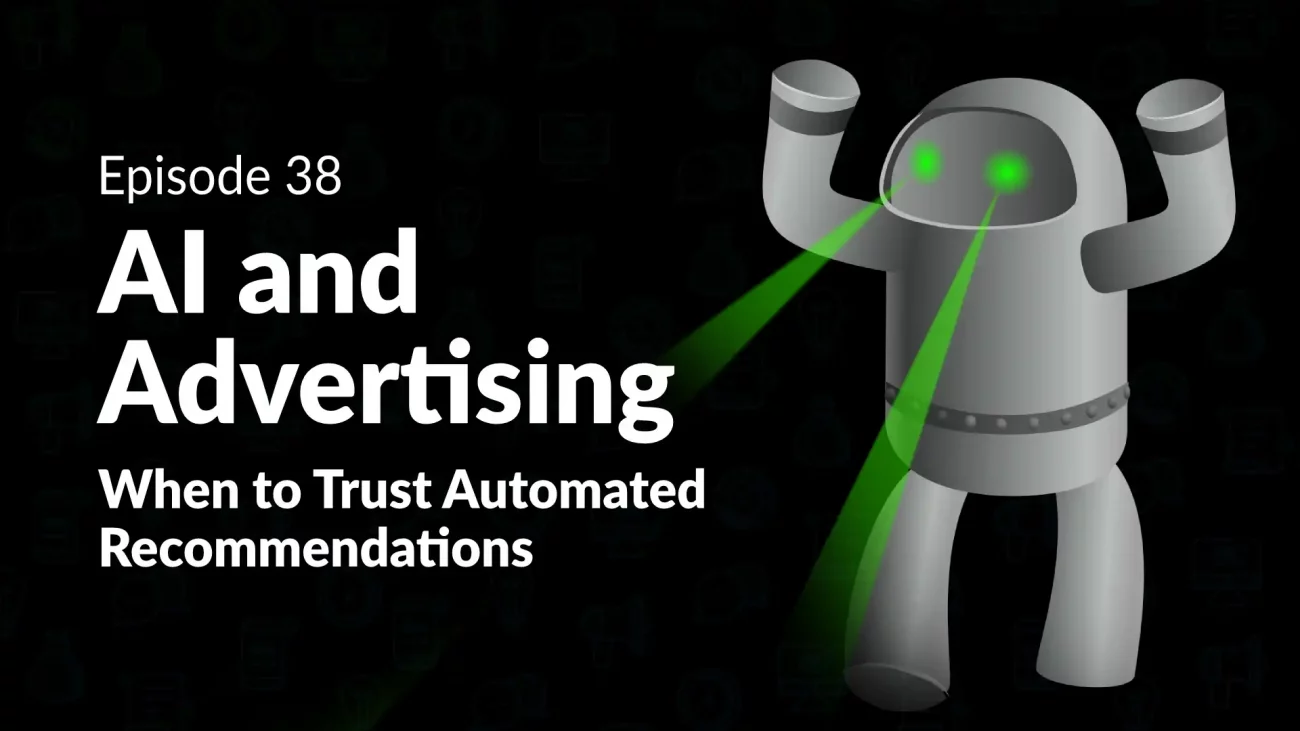Episode 22: More Ads on Google SERPs: Will Organic Results Matter?
Google’s biggest strength is that it holds the most market share in the search industry. This is also its biggest challenge. How does a company increase its revenue when its userbase is so vast it is unlikely to grow in a significant way? Google’s answer to this is to increase the number of ads they display on search engine result pages. While this may be better for Google, it may not be better for businesses. Organic results are pushed down, potentially below the fold, with Google now showing up to 5 ads at the top of the page. The question many are asking is how this will affect their SEO and PPC strategy moving forwards.
In this week’s Digital Marketing Mondays Devin and Hans discuss the challenges that Google’s decision to place more ads on SERPs is creating and how you can best navigate this change.
Transcription:
Devin:
You’re listening to Digital Marketing Mondays. Each week, we bring you new and exciting content from around the marketing industry and help give you the marketer insights into what’s happening. We’ll offer our advice and share some takeaways to help you to develop better strategies for your marketing. Ideally, this will also help you improve your ROI as well. So with that, let’s tune into this week’s episode.
Hans:
Hey, so Devin, I’ve been noticing that lately when I do a search on Google, it used to be on my mobile device, that the first things that would come up would be ads and that was okay, I had to scroll a little bit to get the organic results. But on my desktop, usually there’d be two ads, maybe three ads, and then followed by maybe an answer box or some organic listings right then and there. But now I’m noticing more and more ads showing up at the top of the page when I do a Google search. And even on my desktop, I’m having to scroll past a bunch of Google ads to get to the organic listings. Am I imagining things or is Google starting to put more ads at the top of the search results and push the organic listings even further down the page?
Devin:
Yeah. It’s definitely not your imagination for sure. Google announced a few months ago that they would be running some experiments to be able to see how many ads people can essentially tolerate within the search feed. So it’s certainly not to say that this is happening with every single ad keyword out there on Google, but it seems to be prevalently being tested across keywords that have a high level of competition and enough advertisers to support that. And you could probably imagine that those are largely things like social network ads, product ads for a hot commodity or a hot product, certainly phone ads, getting Apple and Samsung to be paying more for search ads never hurts Google either.
Devin:
So that’s really where they seem to be testing right now. And what’s interesting is that depending on the search, it could be anywhere from four to six ads shown before the first organic listing. Which, six ads on pretty much both devices or any device that you would look at, the organic listing is essentially down at the very bottom, if not below the fold in your browser window.
Devin:
So it’s really interesting to see this progression taking place and it feels a lot like Google’s getting a little bit more greedy, right? They’re trying to figure out how they can stuff more ads into the search listings and squeeze out some more revenue. At least again, that’s what it feels like. I don’t know if that’s actually their intent with it, but you can’t help, but sit back as an advertiser and a business owner and think, “Oh, great. There are now more ads above the organic listings. They’re making more money off of every ad click; feels like it’s something that’s only lining their pockets or only benefiting them.
Hans:
That’s very interesting. I have two thoughts on that. One is, I remember the days actually, this is I’m really dating myself here, but I remember when Google actually first started implementing ads on search results. And a lot of people were saying, “Oh, my goodness, that’s going to kill their market share because nobody wants to sit there and look at a bunch of ads,” but everybody kind of was doing it, right? And it was like Overture was on the Yahoo search results and so, hey, it became a thing and people accepted it as just part of the cost of doing business: if you want search for free, you got to look at a couple of ads. The other thing though that comes to mind is Google’s always been very focused on user experience, right? Having a great search results, great user experience, that’s how they grew to be such a dominant force.
Hans:
And for them to now go and put up to six ads in front of people, that seems to be an interesting contradiction in their philosophy. Although, Google’s a public company, they answer to shareholders. And when you’ve got almost the whole market share that there is in the world, like everybody’s doing a search, does it on Google pretty much. There are some exceptions of course, then how do you grow your revenue by further limiting the number of organic clicks and pushing those clicks over toward paid clicks, I guess.
Hans:
So I can see the motivation for it, I don’t know how well people will tolerate this. And it makes life more difficult for advertisers because now there’s more people to compete with when you place an ad, and it’s harder if you’re looking for information as opposed to buying something, then it makes it harder for those kinds of people to find what they’re looking for as well. So I guess we’ll see how this, how this rolls out.
Devin:
Yeah. It’s definitely interesting. We will continue to see Google evolve. I think the thing that most people forget is that first and foremost, Google makes their money from advertisers, bar none, none of their hardware, none of the other companies that they’ve acquired generate anywhere near the number of zeros behind their top line revenue. So the fact is they need to continue to leverage the huge market share that they have and figure out how they can squeeze more lemon juice out of the lemon. And another supporting case in point, for those of you who do watch some form of long-form videos on YouTube, most times, you’re now seeing two pre-roll ads before you actually get to the video content. The first being a five to ten second non-skippable and then the second being a skippable pre-roll ad.
Devin:
So it certainly goes to show that Google is trying to do more to stuff more ads into the experience and make this more of a pay-to-play market from a business owners or advertisers perspective. And we will only continue to see that evolving and growing over the next year or two. Which I also consider to be funny since companies like Facebook/Meta have been really struggling recently with getting folks to actually be on the platform. As I mentioned on last week’s solocast, we’re seeing a drop off in total number of daily active users. And so clearly Facebook doesn’t just quite have strong enough of a market share, which is why they’ve bought it up from other companies like Instagram at the time when they acquired them.
Devin:
But Google does have a significantly stronger market share in the search engine and certainly within video as well. But it goes to show for advertisers that there are other diverse ad platforms that already exist out there that may also be worth exploring. We were just chatting about this, this morning on our daily team call about looking at Bing ads as a nice cheap alternative right now with low competition, doesn’t have the high market share volume like Google does, but still one of the only other platforms where you can definitively drive intent or be able to decipher intent based on the search that takes place. So anyways, this is all food for thought for advertisers.
Hans:
Yeah. I think interesting. Well, not just advertisers. I think it’s interesting also for anybody out there, if there’s still anybody out there that is relying on organic traffic, filling the search results with more ads and having fewer organic listings showing up simply means that people that have been relying on organic traffic as a way to feed new customers into their business, that job just became harder. And so that’s, you raised an interesting point because not only does that mean that you should, if you haven’t already started shifting some of your efforts over into paid traffic, but also looking at diversifying that paid traffic across multiple platforms. Google isn’t the be all and end all anymore.
Hans:
You should look at maybe spreading some of your marketing resources around on several other platforms, not just Bing, but there are other smaller platforms out there that might be very well targeted and very well suited depending on the type of business you have and the type of customers you’re trying to acquire. So it’s become a little more complicated. So yeah, stay tuned.
Devin:
Yeah. Absolutely. If you’re an advertiser or business owner out there, exactly what Hans said, just keep your eyes out for other platforms. They might have a good audience that would be potential prospects or clients for you or potential buyers depending on what type of industry you’re in. And I think the final thing is just be on the lookout and really be cultivating your own garden, so to speak, i.e. your website; you should really be taking a keen interest in working on your website. And that, regardless of whether we’re talking about ads or organic search, you’re going to stand a benefit by really building out great content on your website, making it a fast, usable, and user-friendly experience, especially on mobile devices that you’re going to benefit from that across the board.
Hans:
Yeah. Every visitor counts now, more so than ever, so good one. All right. Well, thanks Devin. I think we’ve got quite a bit of food for thought here. Thanks for sharing that.
Devin:
Absolutely. Thank you.
Hans:
Bye.
Devin:
Thank you so much for tuning in. We really appreciate you taking the time out of your busy day to engage with our content. Whether you’re watching on YouTube or subscribed on our podcast apps, we appreciate you taking the time. Make sure to leave a comment down below and let us know any feedback that you have for us. We’re always watching the comments and engaging in any way that we can. So if you find this content useful, also make sure to subscribe, or give it a big thumbs up. We appreciate it. Thanks so much.




